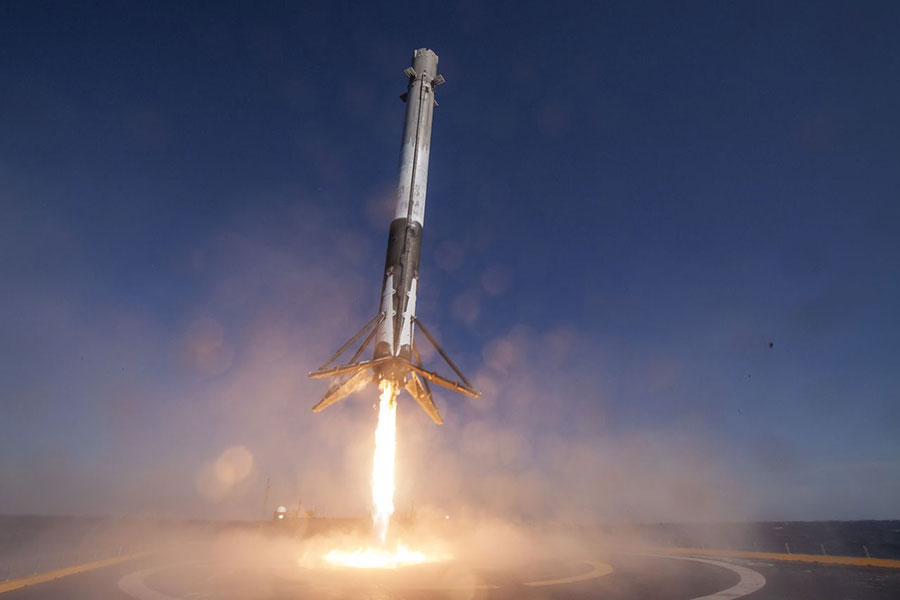Space X has provided new information about the massive explosion of their Falcon 9 rocket at their Cape Canaveral launch pad, according to a statement published by the company the accident was related to the helium cryogenic system but the main cause remains unknown.
On September first, Space X suffered incredible losses when their Falcon 9 rocket blasted into flames in the launch pad, the company was set to launch the Amos-6, which is an Israeli communications satellite, into outer space but before the preliminary launching tests were made, the rocket exploded.

The explosion was captured by security cameras but Space X‘s CEO, Elon Musk, asked the public to collaborate with any pictures or amateur videos that could help the company’s Accident Investigation Team (AIT) with their research.
On Friday, a report was issued by the company regarding the explosion in which SpaceX explained that the anomaly that occurred at their Launch Complex 40, was still an ongoing investigation.
After the explosion
The space company informed that the Accident Investigation Team, which is composed of Space X’s specialists, NASA, The U.S Air Force and the Federal Aviation Administration, studied over 3,000 different channels to understand the accident including videos, engineering data, audio, and image.
According to the report issued by the company, the timeline of the event was “extremely short” and lasted only 93 milliseconds, which didn’t give engineers enough time to determine the anomaly before the explosion.
As of September 23rd, researchers had already recovered all of the debris left at the scene and photographs had been taken, labeled and cataloged for the investigation. However, researchers haven’t been able to determine the main reason.
The AIT informed that the explosion occurred due to a large breach located in the helium cryogenic system of the second stage liquid oxygen tank, researchers are still trying to determine the cause.
“All plausible causes are being tracked in an extensive fault tree and carefully investigated,” read the report published on Friday. However, researchers informed that the causes were not related to last year’s explosion of a similar Falcon Rocket.
Since the company’s primary objective is to launch again in November, the launch pad is being investigated for damages after the explosion. According to the AIT’s report, no major damages were seen at the LC-40 pad or facilities around it.
The explosion damaged substantial areas of the pad system but the liquid oxygen tanks, and liquid oxygen plumbings located nearby the launch pad that exploded remain in relatively good conditions.
The company investigated the LC-39 hangar that is nearby the pad that exploded and according to the report, the damage was subtle, for which SpaceX plans to restructure and work on the location to launch again in November.
Space X also has the opportunity to launch from their Air Force Base in California in case the LC-40 launch pad isn’t ready. The company is currently working with NASA on their tourist’s to space project.
Source: SpaceX
